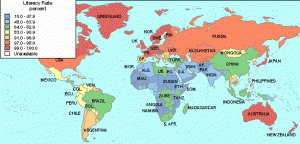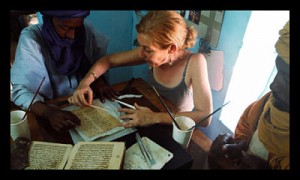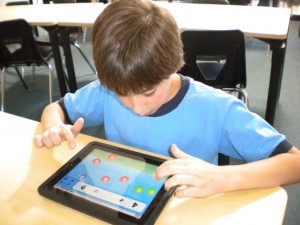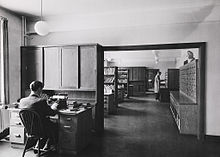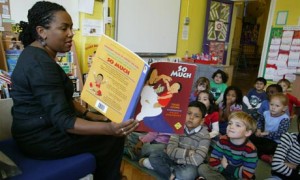Several years back, I partnered with the local Rotary Club to help start a library in a Nigerian school. I sent out a newsletter to our school community, asking for quality new and used book donations. I also weeded out my library and gave books that were in good condition but no longer used by my students. I had strict guidelines about the type of books included in the donation boxes: no grossly outdated books, no books with violence or war, no ripped or torn books, and no books with culturally confusing content. The students at my school were so excited about the project, they loved the thought of giving their books to help others. Of course, over the years, perceptions have changed about building libraries in developing nations. Do they really want our discards? Do they need actual paper books? Why not just give them each a mobile device and not bother with a brick and mortar structure?
In Deena Dulgerian’s blog post for the Borgen Project, she notes that while American libraries have lost much of their appeal, their usage is only just beginning in developing countries. Libraries are a vital meeting place and safe haven for many in developing countries. A place to check out books, use the computer, meet socially, and receive much needed resources and services. I believe that mobile devices have a place in these libraries. The Bill & Melinda Gates Foundation is one of the leaders in worldwide literacy, and is currently piloting a program in Kenya, using devices in public and community libraries preloaded with relevant information. But for 60% of the world without access to the internet, quality books, caring staff and a safe place to meet and read is a good start.
As a teacher-librarian, continuing to build my collection of e-books, giving students access to the collection from home with Destiny Quest OPAC, and leading the charge for improved technology, upgrades and access in my school, are just some of the ways that I can help students. Many of the mobile devices that they bring to school are of such poor quality, however, that it is difficult to access the information. I think uniformity and quality of devices would lead to smoother lesson plans and increased learning outcomes. The Los Angeles Unified School District is giving 640,000 students ipads this year in an effort to prepare students for life after graduation, where every job will require some level of technological skill. It is quite obvious that we need to copy this initiative in our district!

